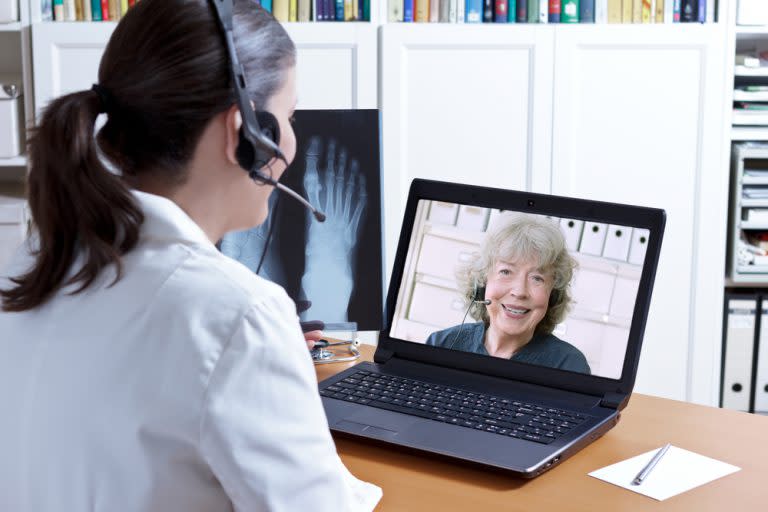Take Action Now: Contact Your Senators to Support Medicare Telehealth Legislation

Take Action Now: Contact Your Senators to Support Medicare Telehealth Legislation
On Thursday, April 22, a bipartisan group of lawmakers introduced S.1309, the Home Health Emergency Access to Telehealth (HEAT) Act, to provide reimbursement to providers for telehealth services in the Medicare home health benefit. The HEAT Act was introduced by Senators Susan Collins (R-ME), Ben Cardin (D-MD), Roger Marshall (R-KS), and Jeanne Shaheen (D-NH). A companion bill in the House of Representatives is expected, though a timeline is unavailable at this point.
While the concept of allowing reimbursement for telehealth services is not a new one, the prohibition has become a glaring shortcoming in the era of the coronavirus pandemic. In the early days of the pandemic, industry advocates relentlessly called for this telehealth expansion. Congress ultimately elected to provide encouragement to the Centers for Medicare & Medicaid Services (CMS) on incorporating telehealth into the home health benefit as opposed to a firm directive.
Unfortunately, the use of telehealth as a physician-ordered alternative to in-person visits can actually significantly reduce the level of reimbursement to home health agencies because agencies receive a payment for a bundle of services for a 30-day period, except when the number of in-person visits falls below a care-specific “low utilization” level. Accordingly, an agency that combines telehealth with in-person visits can dramatically cut its reimbursement while not correspondingly reducing its costs. While a physician, nurse practitioner, physician assistant, therapist, or other caregivers would receive payment for each and every telehealth encounter in the home, a home health agency cannot.
S.1309 calls for permitting CMS the authority to issue a waiver that would allow for telehealth visits to count towards in-person visits as included on the plan of care in the event of a Public Health Emergency (PHE). During the drafting, concerns were raised of the need for patient protections to ensure for protection against fraudulent and improper behavior. To assuage these concerns, guardrails were added that would require patient consent for telehealth services, as well as a requirement that telehealth visits can comprise of no more than half of all visits. The bill will also require a pre-existing relationship between the patient and the ordering physician for the patient to be eligible to receive reimbursable telehealth services.
“The COVID-19 pandemic has firmly demonstrated the value of telehealth as to tool in meeting the clinical needs of home health patients,” said National Association for Home Care & Hospice (NAHC) President Bill Dombi. “However, with the absence of any reimbursement for telehealth, home health agencies have not had the ability to make full use of it. The HEAT Act is a big step forward in modernizing the Medicare home health benefit. We thank the Senators for their bipartisan sponsorship of the bill and look forward to an early passage.”
NAHC urges all home health providers and advocates to encourage Congress to provide reimbursement for telehealth services. It takes only a few seconds and a few clicks for you to send this message through HCAF's Legislative Action Center. We've written the message for you already, and with a few extra clicks you can also share it on social media.
Passing the HEAT Act is just sound public policy that benefits patients and providers. Join us — let’s make this happen. Click here to take action now!
